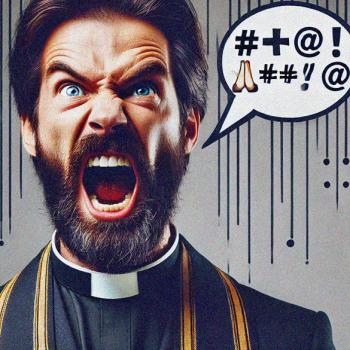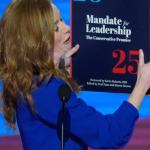Elizabeth Johnson’s book, She Who Is: The Mystery of God in Feminist Theological Discourse, is one of the best and most important theology books written in the twentieth century.

Given the recentness and significance of feminist theology, I would also suggest it’s one of the best Christian theology books of all time. The title will scare off more conservative Christians, but her tone is sensitive and her content respectful to the larger Christian tradition.
In any case, I recently picked up a brief description of the Trinity in her book that I think is an interesting way for progressive/liberal Christians to position themselves with respect to trinitarian language.
Like Catherine LaCugna, Johnson emphasizes that we know God not just through the linguistic symbols and narratives of written revelation, but we know God through and in our experience of God in salvation. This is true not just of us who refer to written revelation, but it has been true throughout history–and the written revelation which contains the narratives and symbols is also a reflective product of the experience of divine mystery.
Here is Johnson:
An encounter with holy mystery lies at the root of all religious doctrine. So too with the Trinity. It is a symbol that develops historically out of the religious experience of the gracious God who encountered Jews and then Gentiles through Jesus of Nazareth in the power of the Spirit. Christian experience of faith, therefore, is the generating matrix for language about God as triune. Conversely, the Trinity is a legitimate but secondary concept that synthesizes the concrete experience of salvation in a “short formula.” It is a theological construct that codifies the liberating God encountered in history. Without attentiveness to this rootedness in experience, speculation on the Trinity can degenerate into wild and empty conceptual acrobatics. (198)
For more links and discussions on theology and society, follow Unsystematic Theology on Facebook















